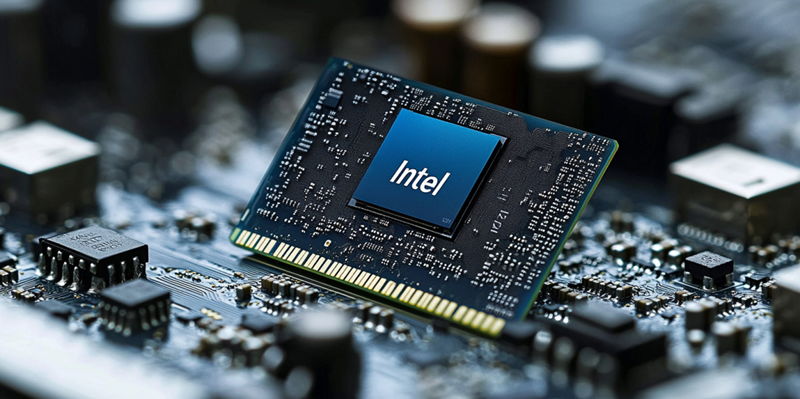Intel’s XeSS upscaling technology, which initially faced market challenges and skepticism, has now gained support in over 200 games, signaling its growing acceptance among gamers and developers. XeSS (Xe Super Sampling) now stands as a credible alternative to NVIDIA’s DLSS (Deep Learning Super Sampling) and AMD’s FSR (FidelityFX Super Resolution), owing much to Intel’s consistent efforts in promoting and refining the technology. Despite Intel holding a minor share in the GPU market compared to its competitors, the increasing adoption of XeSS among gamers and game developers indicates its potential to reshape the gaming landscape. Many of these titles are available on Steam, showcasing broadening support and acceptance in the current gaming environment. The year 2023 has significantly contributed to XeSS’s growth, likely due to the overall positive trend in the gaming industry.
Rising Adoption and Future Prospects
One key factor contributing to the increasing acceptance of Intel’s XeSS technology is its ongoing development and integration into a diverse array of games. Game developers have steadily embraced XeSS, recognizing its ability to enhance visual experiences without requiring high-end hardware. The growing number of XeSS-enabled titles on platforms like Steam reflects this support and underscores the technology’s promise. Intel’s proactive promotion of XeSS has not gone unnoticed; consistent updates and improvements have clearly impacted the gaming community.
Looking ahead, the further development of XeSS, coupled with Intel’s upcoming GPU architectures expected to enhance performance, may drive its adoption even higher. This could position XeSS to compete with NVIDIA’s DLSS and AMD’s FSR, making it a strong contender in upscaling technology. For Intel, this represents a significant chance to bolster its presence in the GPU market and challenge established competitors. Despite Intel’s modest market share and historically slow GPU business, XeSS’s expanding use and promising trajectory are positive signs for its future in the gaming industry. As the technology continues to evolve and gain momentum, it could reshape how both gamers and developers view Intel’s role in gaming.

